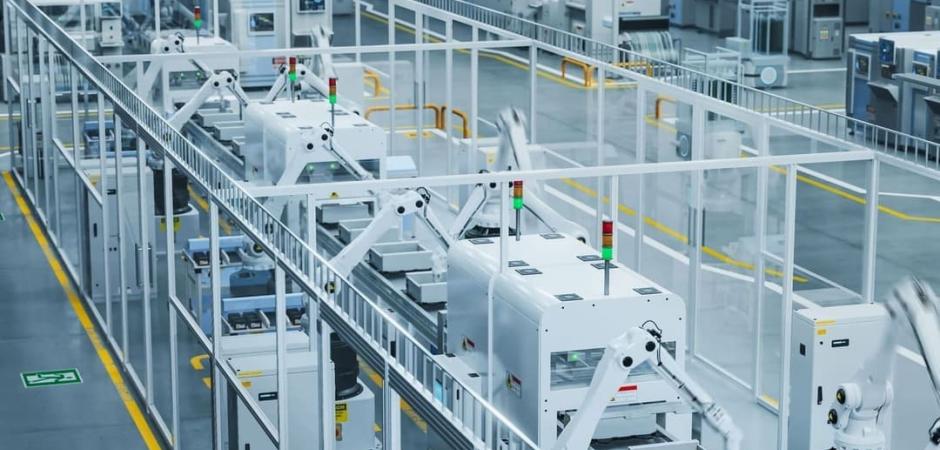
A cable can consist of numerous components. The most basic of them are the conductor (to carry the current), the insulation (to keep electricity flow within the conductor) and the sheath (to insulate the cable from the elements). However, other components can be added and this is where the concept of a shielded cable comes in.
When we talk about shielded cables, we refer to cables that have a metal mesh or tube to cover it completely. In actual fact, these are electrical protection systems known as “shields” that are capable of isolating the signals that travel along a cable, preventing external interference and any that the cable itself might generate. They also offer shielding from nearby signal circuits.
By reducing the effects of electromagnetic interference (EMI) and electric noise, the quality of any electrical signal passing through a shielded cable can be maintained and better signal and data transmission can therefore be achieved.
There are many applications for industrial use shielded cables, which has led to the development of a broad range of different types of shielding: mesh, corrugated, concentric and even some with foils made from different materials.
Uses for Shielded Cables
Sumcab offers a broad range of shielded cables for different uses and applications. That said, just because a model might be more targeted at certain functions or environments, that doesn’t mean it cannot serve various other applications at the same time. We therefore prefer to offer a personalised service capable of identifying the needs of our customer and making sure they get a cable with the most suitable characteristics.
Some of the most frequent applications for a shielded cable include:
- Food and control installations
- Electronic equipment connections
- Variable frequency drives
- Instrumentation and control cables
Shielded Cables with Aluminium/Polyester or Copper/Polyester Foil
Shielded cables with this type of braiding are capable of offering protection against possible electromagnetic interference. The shielding consists of helicoidal foil over an individual component or a group of conductors, with an overlapping of no less than 25% and coverage of 100%.
Shielded Cables with Tin-plated or Polished Copper Braiding
This type of shielding consists of copper strand braiding that is interweaved over all the conductors to protect them from external interference. The optical coverage from this braid can vary to suit customer needs or cable type.
Shielded Cables with Copper Foil
Copper foil shielding consists of helicoidal foil wrapped around a wire to protect the conductors. The thicknesses of this foil is usually 0.100mm.
Cables apantallados con cinta de cobre
El apantallamiento con cinta de cobre, consiste en un encintado helicoidal que se aplica sobre un asiento que protege a los conductores. Los espesores de esta cinta (fleje) suelen ser de 0.100mm.
Shielded Cables with Aluminium Foil
Aluminium foil shielding consists of helicoidal foil wrapped around a wire to protect the conductors. The thicknesses of this foil is usually 0.500mm.
Concentric Shielded Copper Cables
This type of shielding can usually be found in cables for variable frequency drives and consists of wrapping individual copper strands around a base. In this type of shielding, the concentric conductor has several options: it can be used as neutral, as an earthing conductor or as shielding itself.
Corrugated Shielded Copper Cables
This type of shielding is usually used for telephony and railway infrastructure connections.
It consists of a copper sheet applied longitudinally. A mechanical process obtains a pleating that offers certain mobility to the product without sacrificing the shielding properties. It combines protection, functionality and resistance.
Spiral Copper Strand Shielding
This consists of a thin copper strand wrapping that completely covers the individual or set of conductors to offer 100% coverage. It is usually used on cables designed for movement.
Which sort of shielded cable do I need for my installation?
Shielded cables are always recommended for ensuring good signal and data transmission but mainly when there is a possibility of interference from electromagnetic sources or electric noise.
At Sumcab, we have various types of shielded cables with which we can adapt to any installation based on the required conditions.
We therefore suggest you get in touch with us so we can conduct a proper study of the installations or project in question and offer you some custom recommendations on which industrial cables might be most profitable and effective for you.

